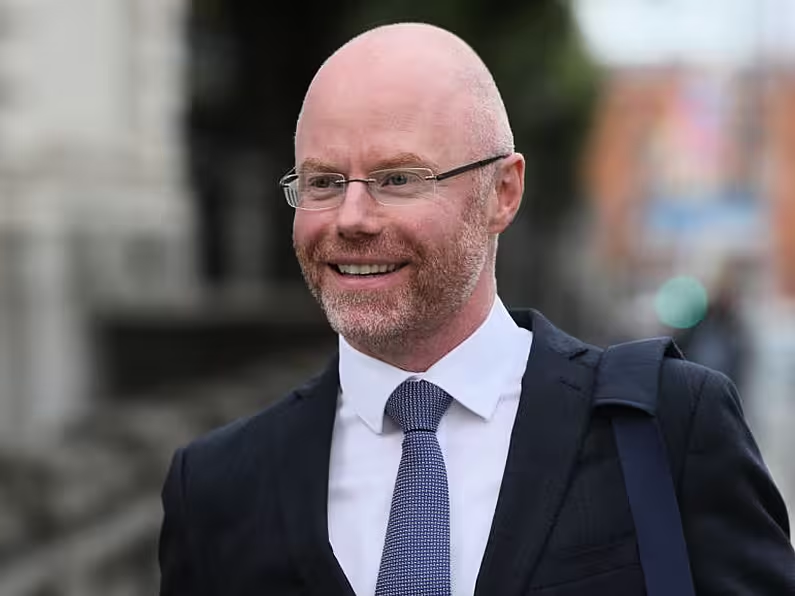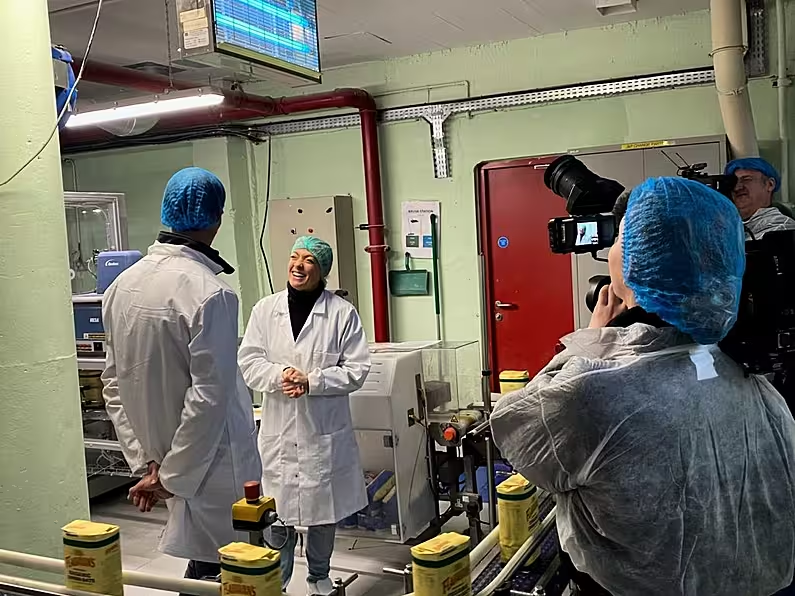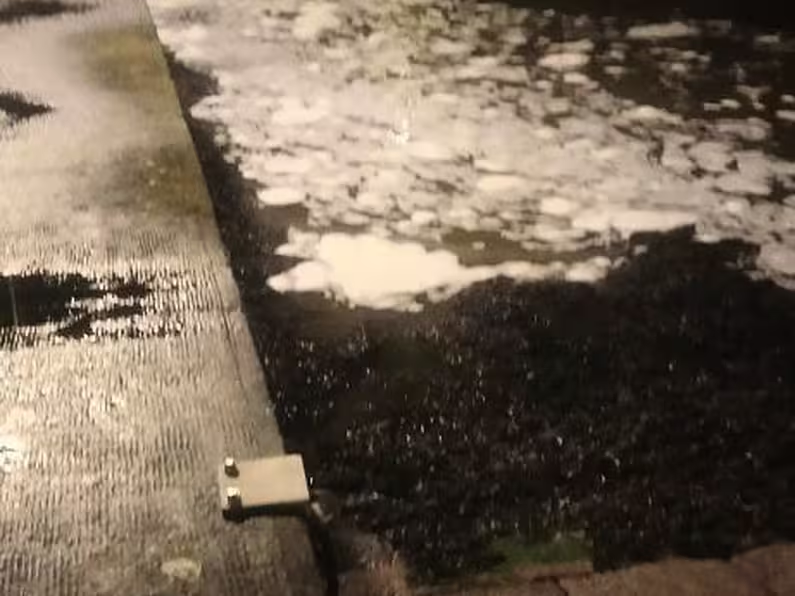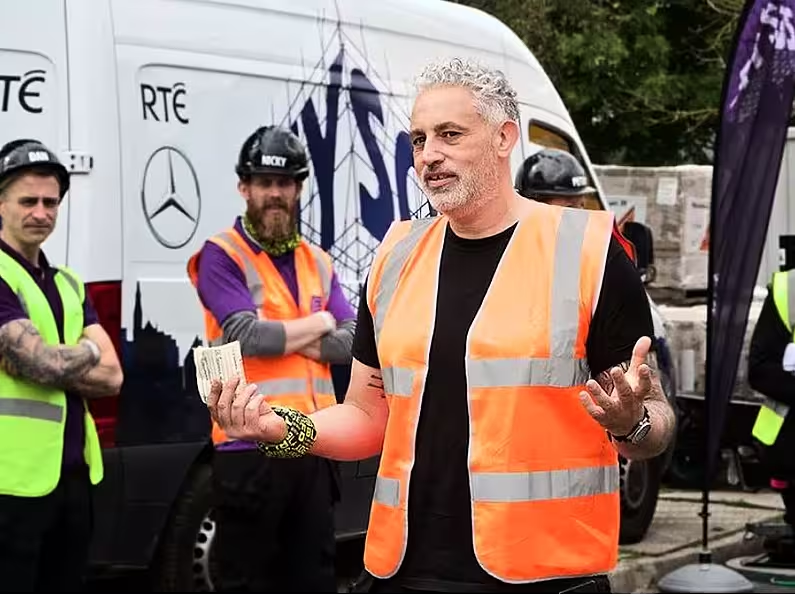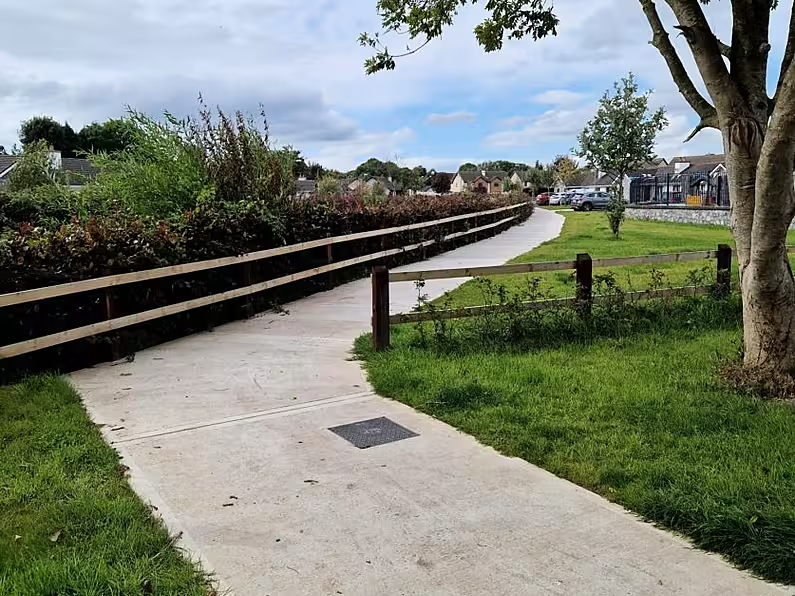By James Ward, PA
The Government is to consider plans to relax the rules around close contacts on Wednesday following public health advice.
Under the proposals, close contacts of Covid-19 cases would no longer have to restrict their movements for five days if they have received the booster jab and are asymptomatic.
Currently, a close contact of a Covid case must restrict their movements, regardless of their vaccination status, and do three antigen tests every two days.
If an individual tests positive on an antigen, they are asked to book a PCR test.
In the last week of December, the total number of close contacts was 229,113, an increase of 123 per cent compared to the previous week.
The average number of cases managed per day increased from 9,200 to 18,367, an increase of 99 per cent over the same period.
Minister for Health Stephen Donnelly said the Cabinet will also discuss plans to reduce the isolation period for those who test positive for Covid-19 to seven days, including those who have not received a booster.
“We really want to try and ease the burden on people,” he said.
“We’re very, very aware of how difficult it is for people, for their employers, and for their communities with so many people having been asked to restrict their movements if they’re in close contact.
“If you have boosted immunity you’re asked to restrict your movements for five days. That requirement would go completely – so no restricted movements.
“Now, the recommendation is still obviously that there is regular antigen testing for several days and during that period people wear the higher grade masks.”
Mr Donnelly added: “We’ve now administered nearly two and a half million boosters, and then there’s another many hundreds of thousands every week who are testing positive for Covid.”
Meanwhile, chief medical officer (CMO) Dr Tony Holohan told Mr Donnelly up to half a million people in Ireland were likely to have contracted Covid-19 in the past week.
In a letter, Dr Holohan said the five-day rolling average of daily cases is 19,259 today, a 349 per cent rise from the figure reported on December 16th.
Earlier, Tanaiste Leo Varadkar said it was time to “relax the rules around close contacts” amid fears over staffing in key sectors.
Mr Varadkar suggested that people who have received the booster vaccine, do not have symptoms, and have produced a negative antigen test could be exempt from the rules.
The Tanaiste also said there are grounds for “cautious optimism” that restrictions, such as the 8pm curfew on hospitality, could be eased in February.
“Essentially, when it comes to any public health advice you have to make sure that it does more good than harm,” Mr Varadkar said about the plans to ease close contact rules.
“We do have a problem at the moment where, for the first time since the pandemic began, some supermarkets have to close because staff are out because they’re close contacts.
“Some childcare facilities are closing and people are being denied healthcare in some instances, not because of Covid but because people are at home – crucial staff are at home – because they’re close contacts and have been told not to go to work.”
At the weekend, the European Centre for Disease Prevention and Control (ECDC) issued advice saying close contact rules could be eased in situations where countries “face high or extreme pressure on healthcare systems and other functions in society, including essential services”.
Mr Varadkar told RTE News: “There are three different scenarios, depending on the impact, that contact rules are having on your economy and society.
“Certainly from my point of view, I think for people who are boosted, who have the third dose, who don’t have symptoms, who have a negative antigen test, it would make sense for us to allow them to go back to work and also get on with their normal lives.”
The ECDC said that for these cases antigen tests would have to be carried out by professionals and could not be self-administered at home.
“These are the things that obviously the CMO and his team are going to consider and they’re going to advise us on,” Mr Varadkar said.
“I do think we need to relax the rules around close contacts but I also think we need to do it in a way that is safe.
“We’re really relying on the CMO to come up with the best advice on that and Government will act on that in the morning.”
You can book your #COVIDVaccine booster appointment online. Most vaccination centres are offering online booking for booster appointments.
Book your slot: https://t.co/7fd3vxGUaf#ForUsAll pic.twitter.com/AuXLL4xZsX
— HSE Ireland (@HSELive) January 11, 2022
Mr Varadkar also indicated that current restrictions, originally scheduled to be lifted on January 9, could be eased in a phased manner from February.
“I think there are grounds for cautious optimism, certainly in the medium term,” he said.
“I think it’s very clear now that Omicron is less severe than previous strains of the virus.
“It’s inherently less severe but also a lot of immunity has built up between vaccines and people being exposed to Covid.
“And while we’re seeing record numbers of cases, that’s not translating into admissions to hospital, ICU admissions, and deaths in the way it did in previous waves.
“That is very reassuring.
“But it’s not yet time to drop our guard.
“This is still unfolding. It probably hasn’t peaked. We expect it to peak through the course of January.
“That would then put us in the position to start easing restrictions in February, but this is still unfolding and it’s too early for that yet.”
Mr Varadkar also said he wants to see fewer restrictions in place in Ireland this summer than in previous pandemic summers, when the country maintained some of the strictest rules in Europe.
He said: “We’re probably the only country in the world where for two years it hasn’t been possible to stand in a bar or go to your office if you want to.
“Certainly my view is when it comes to easing the restrictions across the spring and summer, we shouldn’t be outliers.
“We should keep pace with the reopening that we see across Europe.
“I wouldn’t like this to be the third summer in which Ireland has the strictest rules in Europe.
“That was justifiable when people weren’t vaccinated, when we didn’t have vaccines. That wouldn’t be justifiable, in my view, this summer.
“We should try and keep pace with other European countries, but do it safely and do it in a phased way.”



